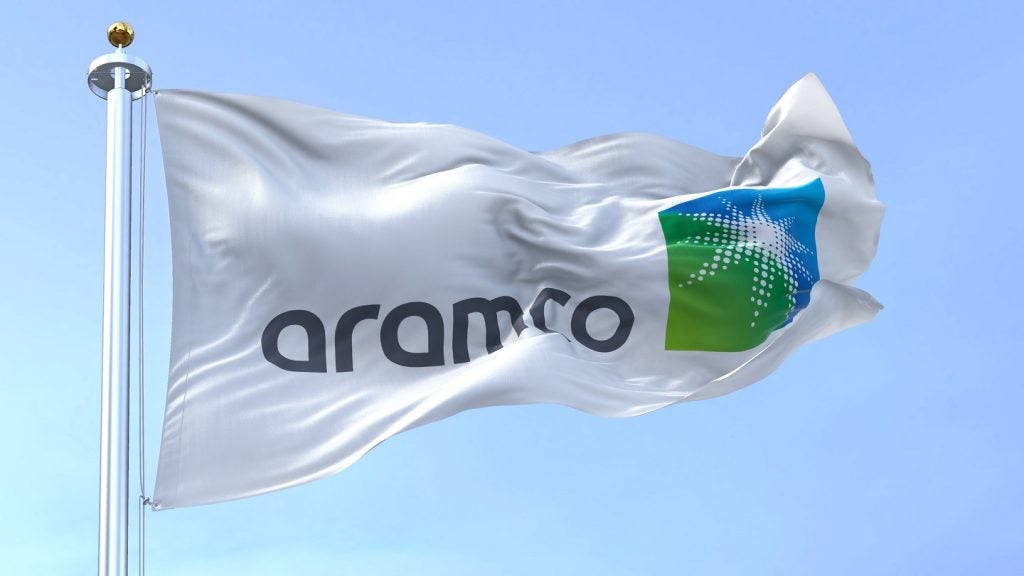
If an IPO of the Saudi Arabian state oil company is to be successful the government must lower its target valuation
The proposed IPO has become a long-running saga thanks to a $2 trillion valuation issued by the government, being far ahead of that declared by analysts.
Intended to fund economic diversification away from oil and to shore up national finances, the sale of 5% of Saudi Aramco would mark a major shift in economic policy from the ruling House of Saud. Yet if the now revived IPO is to be successful, the government must lower this valuation to something closer to what major banks currently estimate.
Currently, the global oil industry is not in a suitable condition for the original valuation to be realised. Instead, the government should reduce its ambitions to around $1.5 trillion, which would still leave the company 50% more valuable than Microsoft.
Why a lower valuation makes sense
When the original valuation was stated the global oil industry was not attracting the degree of investment required to justify such a lofty valuation. Even though the oil price has risen somewhat above 2016 levels, lowering ambitions makes sense.
How well do you really know your competitors?
Access the most comprehensive Company Profiles on the market, powered by GlobalData. Save hours of research. Gain competitive edge.

Thank you!
Your download email will arrive shortly
Not ready to buy yet? Download a free sample
We are confident about the unique quality of our Company Profiles. However, we want you to make the most beneficial decision for your business, so we offer a free sample that you can download by submitting the below form
By GlobalDataEfforts around the world to reduce consumption of oil have been advancing rapidly, and most observers expect the pace of change to quicken further. The Chinese slowdown is also helping to relieve upward pressure on oil prices.
With the United States becoming the world’s leading oil supplier, the ability of OPEC to control the global oil price has taken a severe dent.
With reduced influence on the global oil market, the Saudi government should accept a $2 trillion valuation is beyond what is sensibly feasible and work within tighter constraints.
However, press reports suggest these circumstances have been insufficient to shift Saudi opinion. Given leading banks appear to disagree with the valuation the Saudi Aramco IPO could very easily be called off again.
Politics makes an IPO success harder to attain
A key problem that exerts downward pressure on the valuation for investors is determining who is responsible for the company.
While Saudi Aramco remains wholly state-owned, decision-making is purely an internal matter, but when an IPO is issued investors will likely demand the decision-making processes within the company becomes much more transparent.
Even if the company could be valued at $2 trillion, the prospect of a Saudi repeat of the South Korea deficit – where valuations are lower due to opaque ownership structures – could occur.
Even very large South Korean tech companies, such as Samsung, have been subject to this owing to the control founding families hold, despite only owning few shares.
Investors are normally averse to risking money without conventional transparency in company management, which is unlikely to occur in the case of Saudi Aramco, thus potentially bringing about a repeat of the Korea discount, but on an even larger scale.
However, such transparency would be hard to achieve in a notoriously secretive country when it comes to business.
Unless major changes take place a more realistic number should be put on the company before an IPO is issued.










Related Company Profiles
Samsung Corp
Saudi Aramco (Inactive)